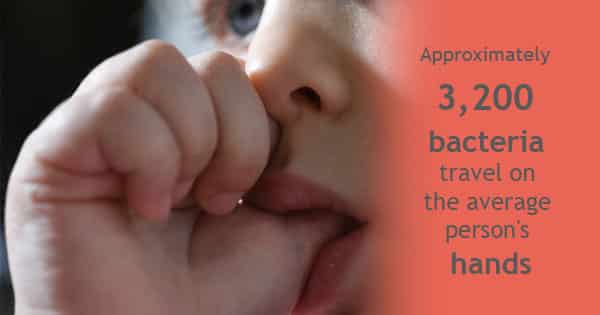
Many people are prone to nervous habits that begin in childhood. However, certain habits can actually be bad for your child’s overall health.
Without early intervention, some of your child’s nervous habits could become a lifelong habit that haves a detrimental impact on their health as they grow. That being said, here are some of the most common types of nervous habits to be on the lookout for in kids.
Thumb sucking
Approximately 95% of babies will suck their thumb out of reflex. While this isn’t initially a problem and many children grow out of it, thumb sucking prevention may be necessary as your child gets older.
This is because, if your child doesn’t stop thumb sucking by the age of four, your child could develop problems with their thumbnail or dental issues such as overbites. In fact, more than 75% of children’s cases involving underbites or overbites have benefited from early intervention.
Thumb sucking prevention can take the form of gentle discouragement or the use of a thumb sucking guard. For instance, a T Guard finger guard covers your child’s thumb or finger and prevents the sucking sensation your child finds comfort in.
Nail biting
Nail biting is a compulsive behavior that many children and teenagers exhibit but may not grow out of. Some experts even believe that nail biting may be genetic. However, this behavior can cause problems for the teeth, digestive system, fingers, and your child’s overall health.
Approximately 3,200 bacteria travel on the average person’s hands. Nail biting delivers these bacteria directly to the mouth. Nail biting can be deterred using non-toxic, but ill-tasting nail polish as well as behavioral therapy.
Dermatophagia
Dermatophagia, or skin eating, is the compulsion to chew or eat the skin around your fingernails, lips, or the insides of your cheeks. This is common compulsion in people with anxiety and may cause pain or infection if untreated.
Minor forms of Dermatophagia can be treated with behavioral therapy. However, in more extreme cases it may be a form of OCD and may need to be treated with cognitive behavioral therapy.
Thumb sucking prevention may be necessary once your child reaches the age of four. To learn more about thumb sucking deterrents and how they can help your child stop sucking their thumb, contact T Guard today.
